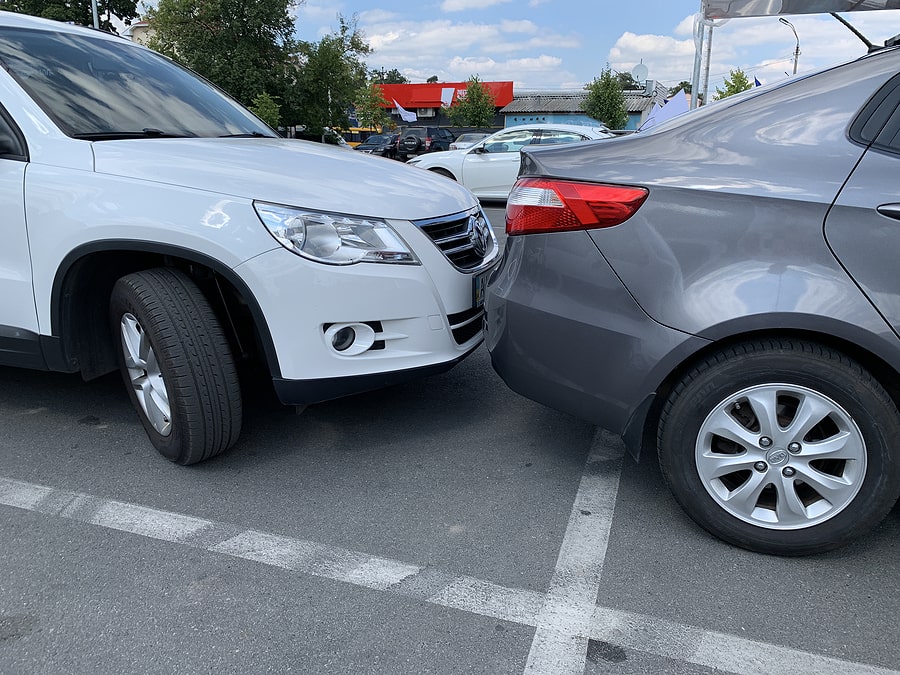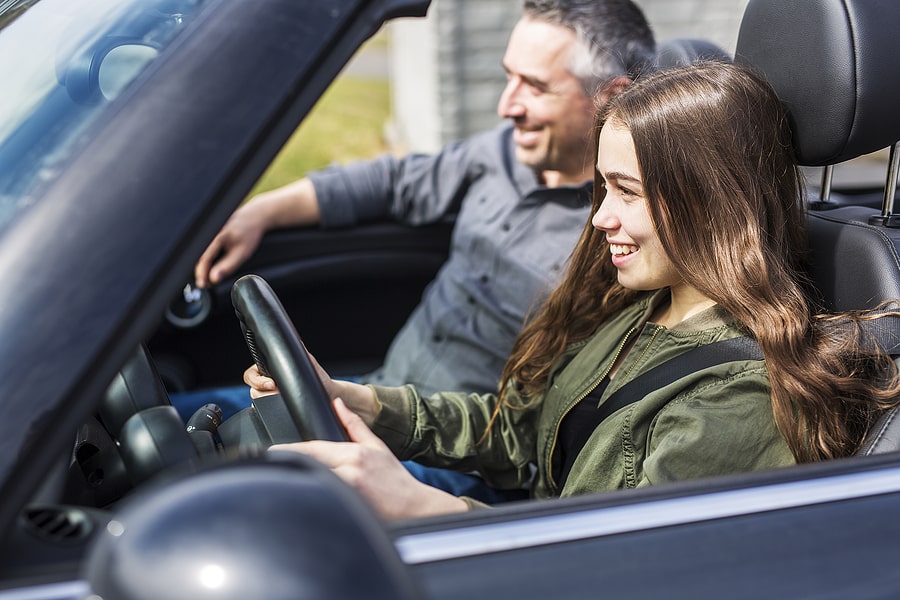By: Grace Thomas
Essay Subject: What law would you change or introduce to reduce car accidents?
Even with personal safety on the line, confronting a friend can be difficult. For this reason, many passengers remain silent when inebriated drivers take the wheel. More must be done to stop this problem and passengers must be empowered to take ownership of their safety and the safety of others. Motivating passengers to speak up is the most effective means for reducing the number of severe auto accidents. A law should be implemented in which all adult passengers in a car are subject to DUI charges if the driver exceeds the legal limit.
According to the Center for Disease Control and Prevention, 10,076 people were killed in 2013 as a result of alcohol-impaired driving crashes; those killed in alcohol-related crashes represented nearly one-third (31%) of the total 2013 traffic-related deaths in the United States. Mothers Against Drunk Driving reports that every two minutes, someone in the US will be injured in a drunk driving accident. Clearly, this is a major problem in the US.
While persons in all demographics engage in drunk driving, the problem is particularly severe for younger drivers. Among drivers with blood alcohol concentration (BAC) levels of 0.08 % or higher involved in fatal crashes in 2013, one out of every 3 were between 21 and 24 years of age (33%). At all BAC levels, , the risk of being involved in a crash is greater for young people than for older people.
This problem is not being adequately addressed by existing laws. Currently, the penalties for drunk driving are relatively harsh, with heavy fines and possible jail time, but clearly many drivers are undeterred by these consequences. Considering the already tough penalties in place, it seems unlikely that harsher punishments for the driver will be effective. Because no rational person would risk jail time to avoid cab fare or sleeping on a couch, the average drunk driver must not be thinking rationally. Therefore, the laws surrounding this issue should aim to incentivize intervention from outside parties.
Multiple psychological studies have shown that younger people are more susceptible to the influences of peer pressure. The study “Age Differences in Resistance to Peer Pressure” found that 18 is the age at which people are most susceptible to peer influence. Paired with the fact that the risk of motor vehicle crashes is higher among 16-19-year-olds than among any other age group, it seems clear that using peer pressure to deter drunk driving would likely yield substantial results.
This argument hinges on the belief that passengers will be more likely to stand up to drivers if the passengers themselves are at personal risk of jail time or heavy fines. While this will certainly not incentivize all passengers, it is reasonable to assume that many people will respond to these measures if strict enough penalties are imposed. After all, the legal system is based on the fact that punishment will incentivize positive behavior and reduce negative behavior.
In other contexts, precedent exists for holding people accountable for enabling the actions of others. For example, in a bank robbery, the person driving the get-away car will also be charged with robbery. This penalty is considered fair because the get-away driver had reason to believe that a crime would be committed and did not intervene. In the same way, a passenger who does not insist that a cab is called or an alternate driver is found, would be complicit in the crime of drunk driving. Many states also have duty to rescue laws under which a person can be indicted for not coming to the rescue of another party in peril. Certainly, the life of the drivers as well as the lives of others, are in peril when a drunk driver takes the wheel.
Perhaps the strongest support for this law comes from Japan, where this law is already in place. In Japan, riding as a passenger in a vehicle operated by an intoxicated person is punishable with a maximum jail time of three years and fine of $4,400. This law, along with other strict anti-drunk driving laws, has caused the rates of drunk driving in Japan to drop precipitously. In 2001, before these laws were implemented, there were 25,400 incidents of inebriated driving. By 2011, this number had dropped to 5,029. If these statistics were to hold true in the United States, with the rate of incidence dropping by a factor of five, it is possible over 8,000 lives would be spared from drunk driving related deaths.
Admittedly, this law may be difficult to prosecute. Factors related to the specific incident would need to be considered, such as the severity of the offense and the passenger’s capacity for intervention. However, through reckless endangerment suits, passengers in some states are already being prosecuted in this manner. The real power of this proposed law would be in its specificity. Most passengers of inebriated drivers assume they are at no risk of punishment. By enacting this law, all passengers would be put on notice that they are no longer able to leave drunk driving decisions up to the driver. More people would be responsible for the decision to let a drunk driver take the wheel and the chances of everyone finding a safe alternative means of transportation would increase.
Works Cited
“The Economic and Societal Impact of Motor Vehicle Crashes, 2010 (Revised).” Annals of Emergency Medicine 66.2 (2015): 194-96. Web.
“Impaired Driving: Get the Facts.” Centers for Disease Control and Prevention. Centers for Disease Control and Prevention, 24 Nov. 2015. Web. 01 Feb. 2016.
“Should Passengers Be Held Responsible for Drunk Drivers? – Sobering Up.” Sobering Up. N.p., 29 July 2014. Web. 01 Feb. 2016.
“Teen Drivers: Get the Facts.” Centers for Disease Control and Prevention. Centers for Disease Control and Prevention, 14 Oct. 2015. Web. 01 Feb. 2016




